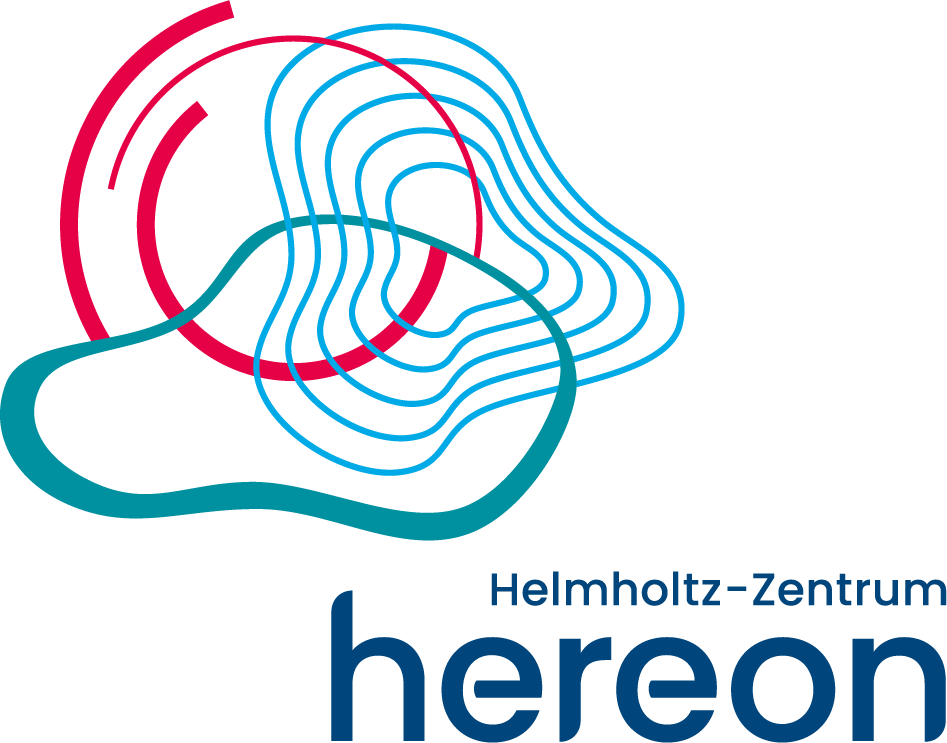MLZ ist eine Kooperation aus:
 > Technische Universität München
> Technische Universität München > Helmholtz-Zentrum Hereon
> Helmholtz-Zentrum Hereon
 > Forschungszentrum Jülich
> Forschungszentrum Jülich
MLZ ist Mitglied in:
 > LENS
> LENS > ERF-AISBL
> ERF-AISBL
MLZ in den sozialen Medien:

MLZ
Lichtenbergstr.1
85748 Garching
Past, present and future challenges of developing the Serpent Monte Carlo code
The Serpent Monte Carlo code started out in 2004 as a simplified lattice physics code intended for generating group constants for deterministic fuel cycle simulation and transient analysis codes, but the scope of applications has considerably diversified over the years. Spatial homogenization is still considered one of the main applications, but significant effort has also been devoted to high-fidelity multi-physics calculations. The development of a photon transport mode and advanced geometry types has allowed expanding the field of applications beyond fission reactor analysis, in particular to radiation transport and fusion neutronics. This presentation gives a developer’s insight into the various challenges encountered during the different phases of the work, lessons learned, and future prospects.
Seminar: Neutronen in Forschung und Industrie
| Datum | 11.06.2018 |
| Uhrzeit | 14:30 - 15:30 Uhr |
| Ort | Garching |
| Raum | HS 3 (Physik Department) |
| Sprecher | Prof. Jaakko Leppänen (VTT Technical Research Centre of Finland, Ltd.) |
| Veranstalter | TUM / MLZ |
Kontakt | |
| Ansprechpartner | Dr. Markos Skoulatos |
| URL | |
MLZ ist eine Kooperation aus:
 > Technische Universität München
> Technische Universität München > Helmholtz-Zentrum Hereon
> Helmholtz-Zentrum Hereon
 > Forschungszentrum Jülich
> Forschungszentrum Jülich
MLZ ist Mitglied in:
 > LENS
> LENS > ERF-AISBL
> ERF-AISBL
MLZ in den sozialen Medien:



